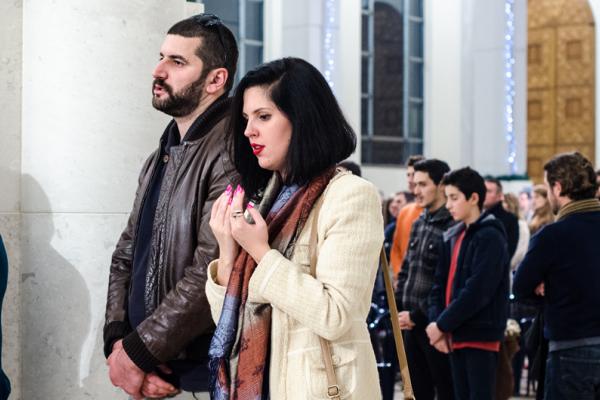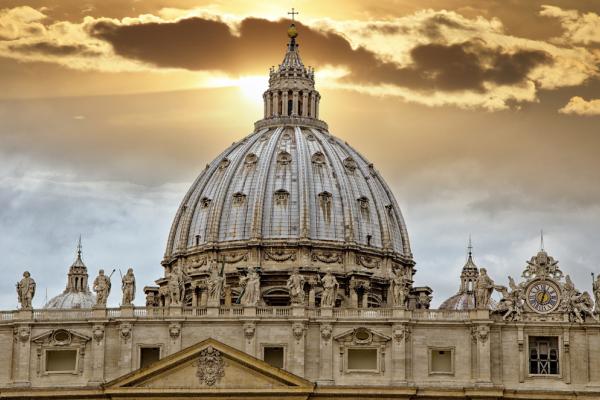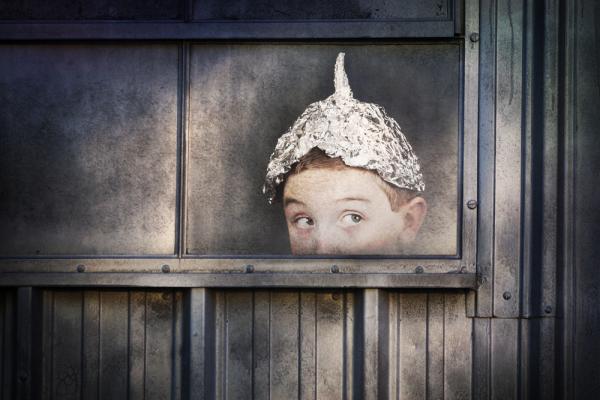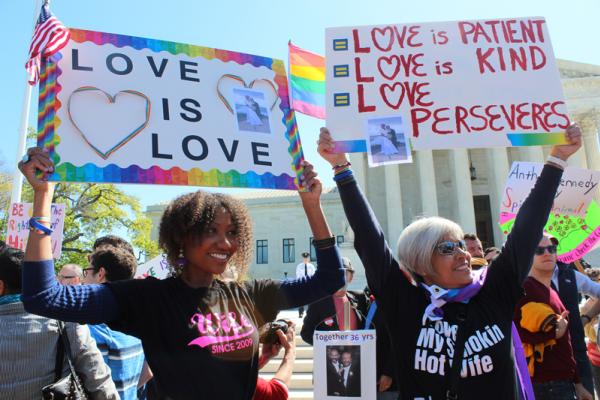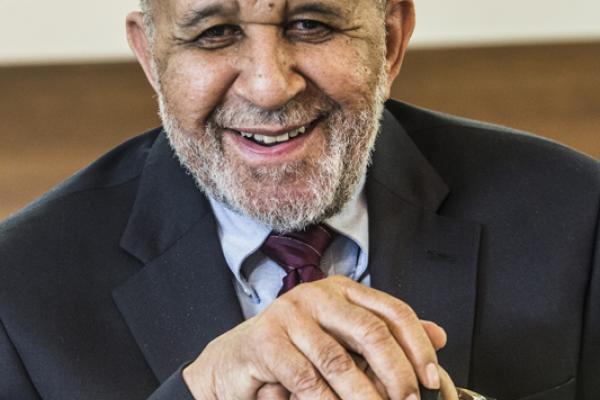Is David Brooks becoming a Christian?
That’s the question that some people have been asking about The New York Times’ op-ed columnist, especially in the wake of his new book, The Road to Character.
As Jonathan Merritt wrote, “Brooks claims to have written his latest book ‘to save my soul,’ and he told NPR that reading books by authors such as Christian convert C.S. Lewis has ‘produced a lot of religious upsurge in my heart.’”
Under the Ottoman Empire, which ruled Kosovo from the early 15th century until 1912, most Albanian Kosovars converted to Islam.
But today, Jakaj and others are on a mission that they say reflects a renaissance of Catholicism in the country. Muslim Kosovars are supporting the effort, too, even though most of Brod is now Muslim.
“This is our history of our nation,” said Ademi, whose forefathers were Catholic.
“These are our first steps toward reclaiming our cultural heritage.”
None of the remains of the 26 babies — miscarried, stillborn, and short-lived — whose names are engraved on paving stones or metal butterflies at the Remembrance Garden are actually interred there. But to the families who gathered at the memorial last month, the plot is sacred ground.
“The garden says to us: You matter,” Biskup told them.
“Your baby existed. He or she matters. We remember.”
The Vatican’s semiofficial newspaper blasted a series of cartoons of Islam’s Prophet Muhammad as “blasphemous” but also condemned the “mad and bloodthirsty” extremists who opened fire at a Texas exhibit of the cartoons.
The front page article in L’Osservatore Romano likened the exhibit in Garland, Texas, to pouring “gasoline on the fire” of religious sensitivities and was critical of its sponsors, the American Freedom Defense Initiative, and professional provocateur Pamela Geller.
Historically, the United States has said as long as you were born here, you are from here — a principle called birthright citizenship. It doesn’t matter who your parents are or what your family history is — as long as you were born on U.S. soil you are a citizen. This was codified in the 14th Amendment, which sought to finally grant citizenship status to African Americans living in the United States rather than leaving them in legal limbo.
A hearing on the House Judiciary Committee’s Subcommittee on Immigration and Border Security last Wednesday explored ways to change this tradition of birthright citizenship pointing to ostensible problems with pregnant women travelling to the U.S. specifically for the purpose of giving birth as well as what the committee sees as substantial public support for moving away from it.
Runaway Radical is a heartbreaking story told with great courage and honesty. In it, the authors offer a much-needed critique of both fear-based, crime-and-punishment theology and unjust power dynamics which are sadly commonplace within Christian culture. It’s an important story, one which I hope will create space for others who have been hurt by the church to share their experiences without shame or fear of rejection.
But Runaway Radical struck me as an inappropriate title for a book whose subject matter was spiritual abuse and unhealthy striving, rather than any fundamental problem with the “radical” idea of taking Jesus’ teachings about wealth and sacrifice seriously.
How does this kind of mentality take hold of a state of nearly 30 million, at least to the point that the governor himself would take official action?
One word: fear. Actually two words: fear and ignorance.
Though it comes off as cartoonish and ridiculous to the typical onlooker, fear and ignorance are, in fact, powerful tools. And using fear based on a broadly shared perception — regardless of actual evidence — is something all too familiar to modern-day Christianity in the United States as well. And the reason it hangs around like heartburn after a double bean burrito is because it works.
Here’s how.
From the Pacific islands, Rev. Male’ma Puloka shared how only 0.03 percent of the world’s greenhouse gases are produced by the islands in her region, but they are they ones directly experiencing the devastating effects of climate change. What more can be done by the churches to combat global warming and defend the integrity of God’s creation?
We also began looking at global economic inequality. The facts are these: the top 20 percent of the world’s people control 83 percent of the world’s wealth. The next 20 percent control 11 percent of global wealth. That leaves the bottom 60 percent of the world’s population with only 6 percent of the world’s economic wealth. What can the churches do in the face of such severe global injustice?
Beneath this some voiced the cry for hope. Facing such stark challenges of injustice requires a foundation of spirituality and prayer that can inspire our Christian witness.
People who argue against marriage equality frequently do so for religious reasons, even if they cast their argument in secular terms. While I believe there are strong constitutional arguments for striking down bans on marriage equality, I support striking down these bans because of my faith, not in spite of it.
For too long, religious institutions have contributed to the scourge of homophobia that fuels the discrimination that this case seeks to strike down. Far too many of us are familiar with the discrimination, fear, and violence that gay and lesbian people have suffered while people of faith turned a blind eye or, worse yet, acted as perpetrators.
Caldwell was a “foot soldier” in King’s civil rights army, and he finally made it to Durham, where he closed out a social justice conference focused on a newer movement — the effort to secure full inclusion of LGBT people in the United Methodist Church.
“In some ways there is a possibility that on gay rights and marriage equality, God is speaking more through the judiciary than God is speaking through the United Methodist Church,” Caldwell said in his sermon at a gay-friendly United Methodist church just three miles away from the seminary he said denied him admission.

